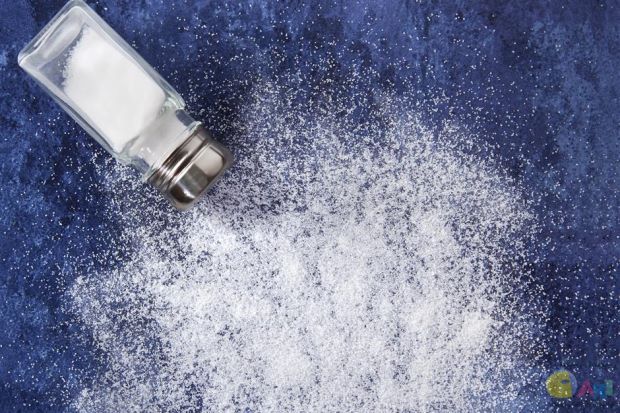 "Kurang manis" is a taste we're all after. But study shows that "kurang masin" is just as important for the reduction of heart attacks and stroke incidents. Have nutritional awareness campaigns had an impact on the British population over the past decade? Absolutely, according to a recent study published in the medical journal BMJ Open. A reduction in daily salt intake is thought to be linked to a 40% reduction in the rate of mortality by heart attack or stroke in Britain, according to a scientific analysis of health data collected between 2003 and 2011. Carried out by researchers at the Wolfson Institute of Preventive Medicine and the Queen Mary University of London, the study was based primarily on an analysis of data from the nationwide Health Survey for England and the National Diet and Nutrition Survey. The researchers looked at blood pressure and salt intake statistics from the two surveys between 2003, when a nationwide salt reduction program was initiated in Britain, and 2011. Their conclusions indicated that salt intake declined by 15% over the eight-year period, or by 1.4g per individual per day, on average, while blood pressure also decreased significantly. Next, using data from the UK Office for National Statistics, the researchers concluded that the rate of mortality from stroke dropped from 134/100,000 in 2003 to just 78/100,000 in 2011, a decrease of 40%. Similarly, the rate of mortality from ischemic heart disease (IHD) dropped by 42% (from 232/100,000 to 139/100,000) over the same period. For the authors of the study, the decreases in salt intake, blood pressure and mortality by stroke and IHD are very likely linked. However, there is still room for progress. According to the survey results, eight out of 10 men and six out of 10 women still consume too much salt. WHO’s maximum recommended salt intake is 5g per day, or around one teaspoon. To avoid going over the limit, it is best to avoid processed and prepackaged foods, which tend to be particularly high in salt. — AFP Relaxnews
|
ADVERTISEMENT